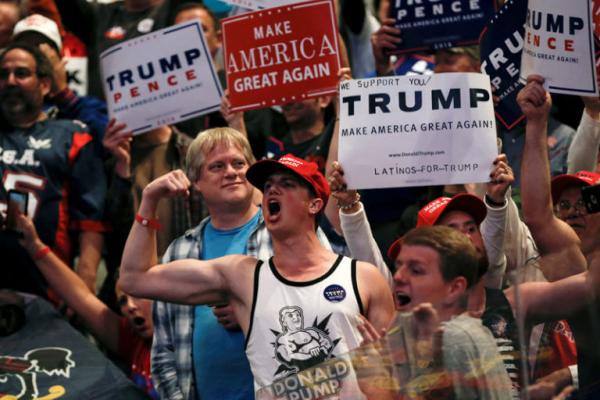Jul 25, 2017
In the recollections of many evangelicals, America was then a tranquil, moral land deeply rooted in a specific set of traditional Christian values: the shining city on the hill, an idyllic small-town nation dominated by a white male leadership group.
Read the Full Article

Already a subscriber? Login
